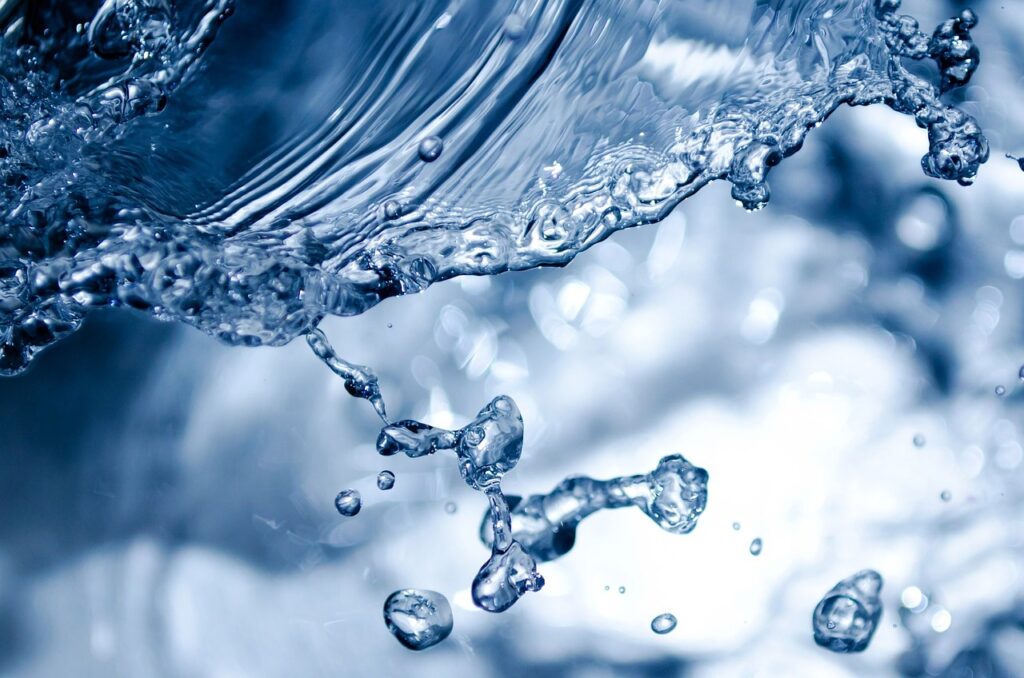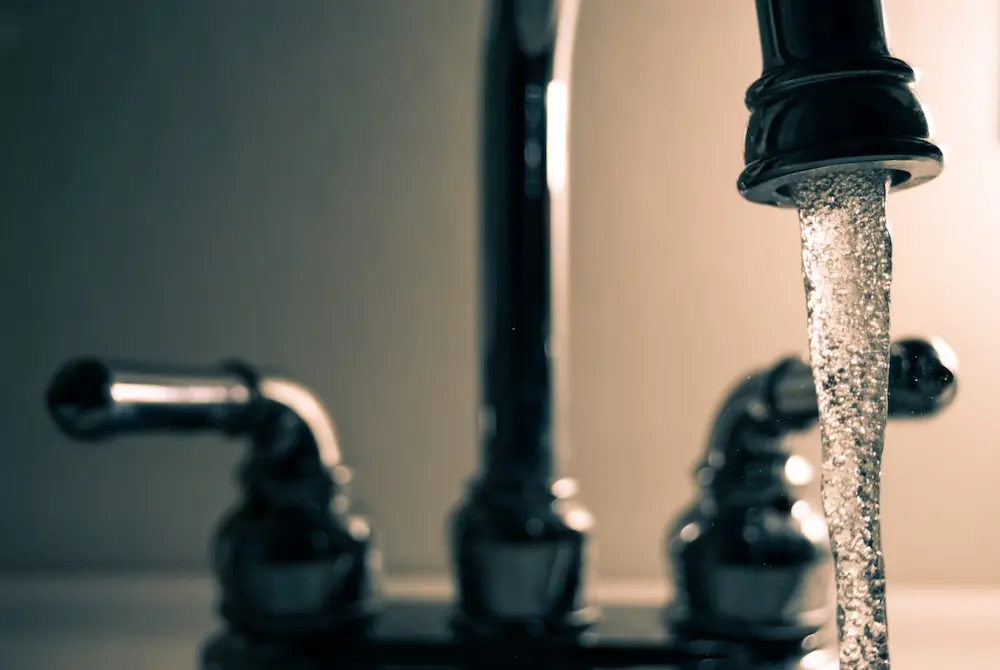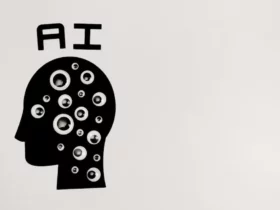Water, the essence of life, is a precious resource that demands careful stewardship to meet the growing needs of our expanding population. As concerns about water quality and scarcity intensify, the role of advanced water treatment technologies becomes increasingly crucial. Among these, ion exchange systems stand out as a formidable solution, demonstrating a myriad of benefits in ensuring the purity of our water supply. In this article, we delve into the fascinating realm of ion exchange systems, exploring the transformative impact they have on water treatment and the advantages that make them indispensable in the pursuit of clean, potable water.
Exceptional Removal of Heavy Metals and Contaminants
One of the primary advantages of ion exchange systems lies in their remarkable ability to selectively remove heavy metals and contaminants from water. Traditional water treatment methods often fall short when dealing with ions like lead, mercury, and cadmium, which can pose serious health risks even at trace levels. Ion exchange resins, designed with specific chemical properties, attract and capture these harmful ions, replacing them with benign ions. This process not only ensures the removal of toxic substances but also prevents their release back into the water supply, safeguarding both human health and the environment. The precision and efficacy of ion exchange systems in tackling a wide range of contaminants make them a superior choice for water treatment in various settings, from industrial facilities to municipal water treatment plants.
Regeneration for Sustainable Water Treatment
Unlike some conventional water treatment methods that generate substantial amounts of waste, ion exchange systems offer a more sustainable approach through regeneration. The ion exchange resins, once saturated with contaminants, can undergo a regeneration process, restoring their capacity for further use. This not only minimizes the generation of waste but also extends the lifespan of the resin, reducing the frequency of replacements and lowering overall operational costs. The regeneration process involves flushing the resin with a specific solution that displaces the captured ions, making the system ready for another cycle of water treatment. This sustainable aspect of ion exchange systems aligns with the global push for eco-friendly technologies, making them a responsible choice for organizations and communities striving to minimize their environmental footprint.
Versatility in Water Softening Applications
In addition to their prowess in removing heavy metals, ion exchange systems excel in water softening applications, addressing a common issue faced in many regions. Hard water, characterized by high concentrations of calcium and magnesium ions, can lead to scale buildup in pipes and appliances, reducing their efficiency and lifespan. Ion exchange systems use resin beads to exchange calcium and magnesium ions with sodium ions, effectively softening the water. The softened water not only prevents scale formation but also enhances the performance of water-dependent appliances, such as water heaters and dishwashers. The versatility of ion exchange systems in addressing both health-related contaminants and the challenges of hard water makes them a comprehensive and indispensable tool in the realm of water treatment.
Ionenaustauscheranlage in Modern Water Treatment
Within the realm of modern water treatment, ion exchange systems have evolved into sophisticated solutions, with Ionenaustauscheranlage at the forefront of technological innovation. These advanced systems incorporate state-of-the-art materials and engineering, enhancing their efficiency and reliability in purifying water. In essence, Ionenaustauscheranlage integrates cutting-edge automation and monitoring capabilities, allowing for precise control over the ion exchange process and optimizing resource utilization. Moreover, advancements in resin chemistry and design have led to the development of highly selective resins that target specific contaminants with unparalleled precision. The integration of Ionenaustauscheranlage into water treatment infrastructure represents a significant step forward in ensuring the purity and safety of our water supply, underscoring the ongoing commitment to technological excellence in safeguarding this precious resource.
Ion Exchange Systems and Cost Savings
Beyond their environmental benefits, ion exchange systems contribute significantly to economic efficiency in water treatment. While the initial investment in setting up these systems might seem substantial, their long-term cost-effectiveness becomes apparent over time. The regeneration process, which extends the lifespan of ion exchange resins, reduces the frequency of replacements and associated costs. Additionally, the efficient removal of contaminants minimizes the need for costly downstream treatments. As industries and municipalities seek sustainable solutions that align with both economic and environmental goals, ion exchange systems emerge as a prudent investment, offering a balance between operational efficiency and financial savings.

Tailoring Ion Exchange Systems to Specific Needs
The versatility of ion exchange systems extends beyond their inherent ability to remove contaminants and soften water. These systems can be customized to address specific water treatment challenges in diverse applications. Whether it’s purifying water for pharmaceutical production, treating wastewater in industrial settings, or enhancing the quality of drinking water in residential areas, ion exchange systems can be tailored to meet unique requirements. The flexibility in resin selection, system design, and operational parameters allows for a precise and targeted approach to water treatment. This adaptability makes ion exchange systems a valuable asset across various sectors, showcasing their capacity to address a wide range of water quality issues.
Compatibility with Renewable Energy Sources
In the era of sustainable development, the compatibility of ion exchange systems with renewable energy sources further elevates their appeal. These systems can be integrated seamlessly with renewable energy technologies, such as solar and wind power, to minimize their environmental impact. As the global focus shifts towards reducing carbon footprints, the use of renewable energy in conjunction with ion exchange systems aligns with the broader goals of sustainable water management. By harnessing clean and renewable energy sources, ion exchange systems contribute to a more eco-friendly approach to water treatment, reinforcing their position as a key player in the ongoing quest for sustainable and responsible water resource management.
In the dynamic landscape of water treatment, ion exchange systems emerge as beacons of innovation, seamlessly integrating advanced technology, economic efficiency, and adaptability. Their exceptional capacity to remove contaminants, coupled with sustainable regeneration processes, not only ensures the purity of our water but also aligns with the imperative of environmental stewardship. As Ionenaustauscheranlage spearheads technological advancements, the economic benefits of these systems become apparent, offering a harmonious balance between operational efficiency and cost savings. The customizable nature of ion exchange systems allows them to be tailored to diverse applications, showcasing their versatility in addressing specific water treatment challenges across industries and communities. Moreover, their compatibility with renewable energy sources underscores their commitment to sustainable practices, contributing to a cleaner, greener future. In the ongoing journey towards responsible water resource management, ion exchange systems stand tall as indispensable tools, guiding us through the currents of progress towards a world where clean, safe water is not just a necessity but a sustainable reality.









